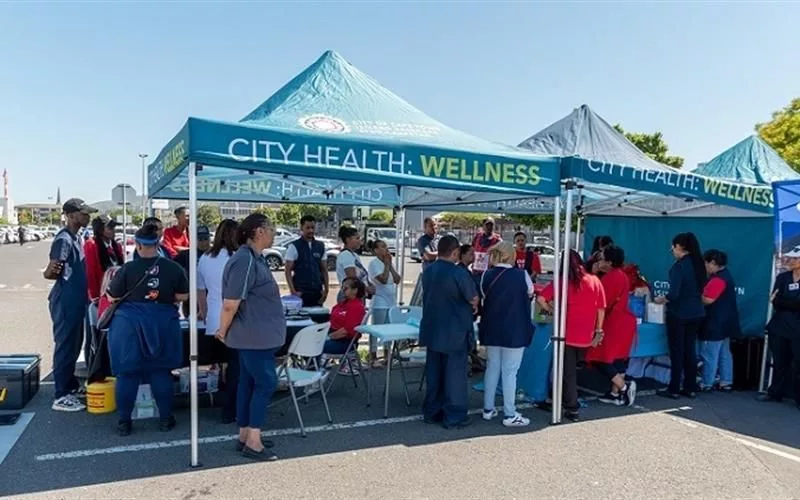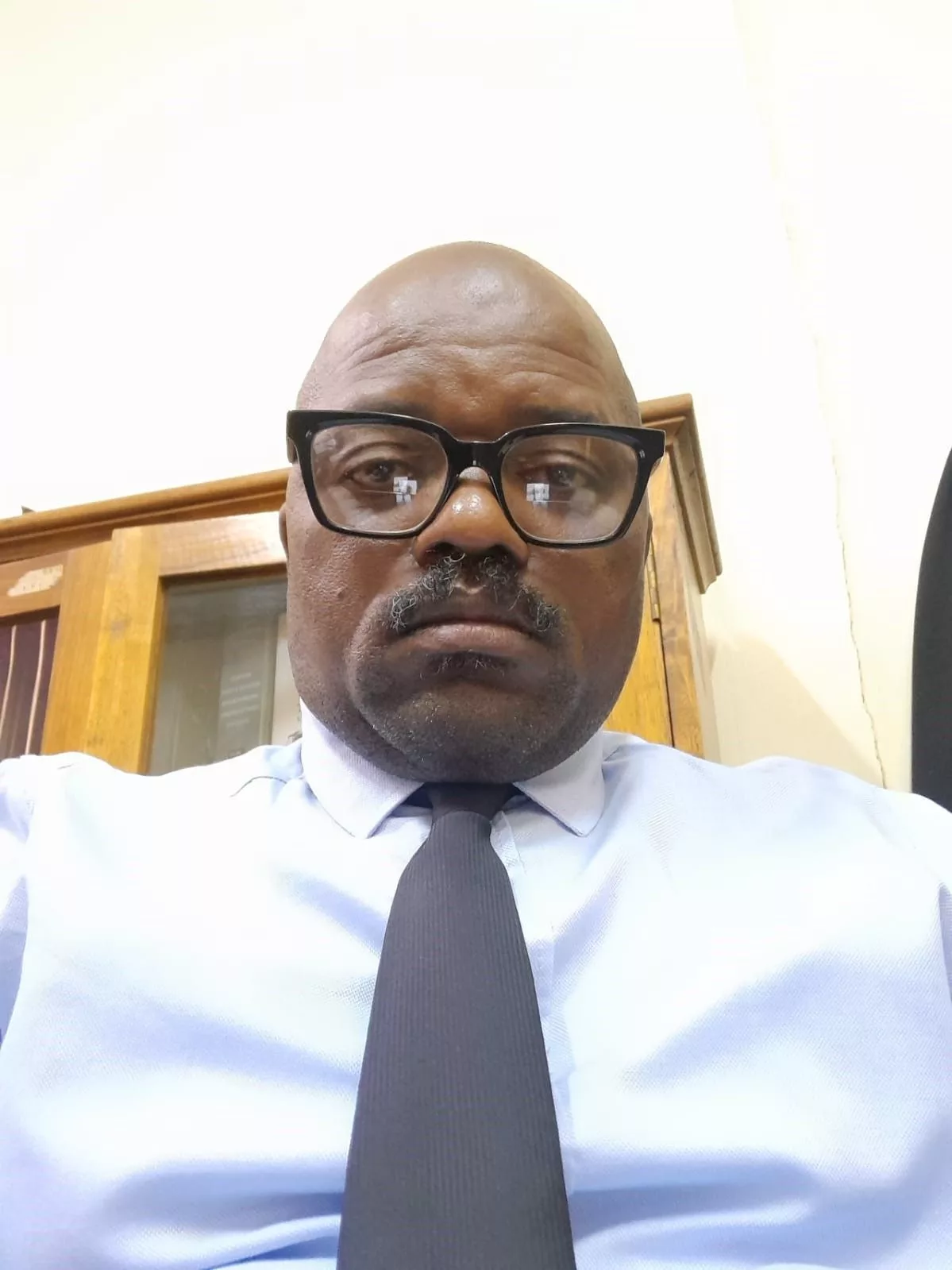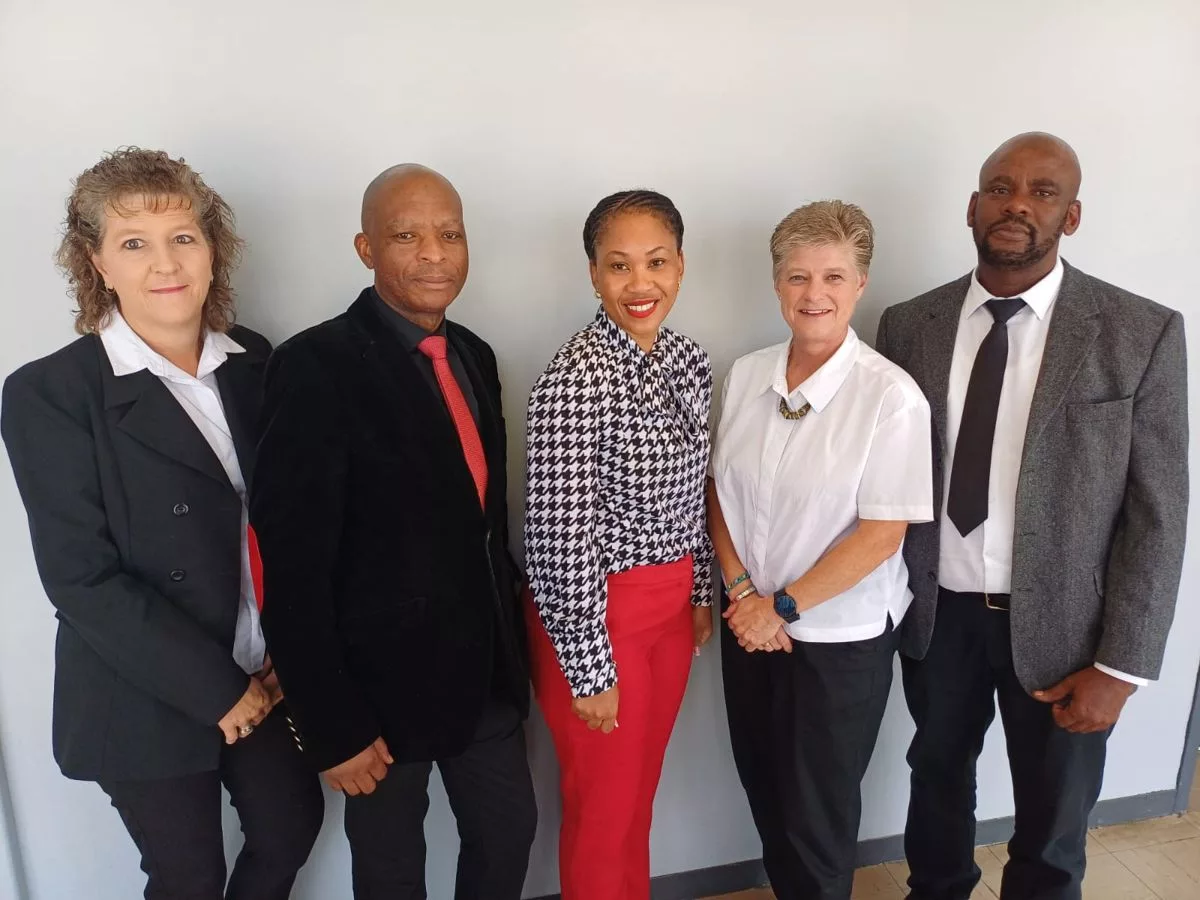World AIDS Day, celebrated on December 1, shines a light on the global fight against HIV/AIDS and calls for “Equal Rights, Equal Access“ to treatment and prevention. This year marks 20 years since antiretroviral therapy (ART) became available, changing HIV from a deadly disease to a manageable condition for many. While big strides have been made, like improved testing and treatment access, challenges like stigma and treatment adherence still exist. Communities around the world come together to celebrate progress and remind us that the fight for healthcare equality continues. Together, we can ensure that everyone has the chance for a healthy life.
What is the significance of World AIDS Day?
World AIDS Day, observed on December 1, highlights the global fight against HIV/AIDS. This year’s theme, “Equal Rights, Equal Access,” emphasizes the need for equal access to treatment and prevention. It commemorates 20 years of antiretroviral therapy, celebrating progress while acknowledging ongoing challenges in healthcare access.
A Global Reflection and Theme
On December 1, communities around the globe unite to honor World AIDS Day, a time to acknowledge both the achievements and ongoing challenges in combating HIV/AIDS. This year’s theme, “Equal Rights, Equal Access,” emphasizes the relentless pursuit of ensuring that everyone can benefit from prevention and treatment programs. The year 2024 holds particular significance, marking two decades since the introduction of antiretroviral treatment (ART) into the public healthcare system—a development that has profoundly reshaped HIV/AIDS management.
The arrival of ART in 2004 marked a transformative era. Years of perseverance and activism preceded this breakthrough, highlighting the urgent need to tackle the escalating health crisis caused by HIV/AIDS. Expanding ART across South Africa was a decisive moment, shifting the perception of HIV from a certain death sentence to a manageable chronic condition. In Cape Town alone, over 230,000 individuals are currently receiving this critical treatment, primarily through primary healthcare centers. This extensive network reflects the city’s dedication to making healthcare accessible to all its residents.
The story of ART’s rollout is a tribute to the collaboration among governments, activists, and healthcare workers who fought for fair access to treatment. The struggle against HIV/AIDS in South Africa is deeply tied to the nation’s historical and political context, often mirroring broader battles for social justice and equality. The early 2000s were especially notable, marked by vigorous activism that led to significant policy changes and the widespread availability of ART.
Advancements in HIV Testing and Persistent Challenges
As progress continues, the significance of HIV testing has become increasingly prominent. Today, more than 90% of HIV-positive individuals in the Western Cape know their status, thanks to enhanced testing initiatives. Innovative solutions like HIV self-screening have emerged as essential tools, reaching those who might otherwise remain untested due to obstacles such as stigma or limited access. These strategies play a crucial role in keeping individuals engaged with the healthcare system, particularly for those on lifelong ART.
Nonetheless, challenges endure. Adhering to treatment remains a considerable hurdle, as maintaining a lifelong medication regimen can be daunting. Initiating treatment promptly and adhering to it are vital steps for improving individual health and reducing community transmission rates. Programs focusing on education, condom distribution, and pre-exposure prophylaxis (PrEP) empower communities to take charge of their health outcomes actively.
World AIDS Day serves as a powerful reminder of the intertwined nature of healthcare access and human rights. Councillor Patricia van der Ross reflects this when she notes, “We have much to celebrate when one considers the many positive interventions in the fight against HIV/AIDS.” Her words celebrate past successes but also emphasize the shared responsibility to ensure that no one is left behind. The journey continues, and raising awareness and promoting safe practices remain critical to reducing transmission rates and ensuring everyone can maintain their health.
Cultural Shifts and Artistic Movements
South Africa’s journey with HIV/AIDS is not just a story of struggle but also one of resilience and hope. The artistic and cultural movements that emerged during this time, especially in the late 1990s and early 2000s, played a pivotal role in reshaping public perceptions and dismantling stigma. Artists, musicians, and playwrights used their platforms to challenge misconceptions and share the personal stories of those living with HIV.
The role of art in this context is reminiscent of historical movements where cultural expression served as a vehicle for social change. Much like the Harlem Renaissance in the United States during the 1920s, which addressed racial inequalities through art, South African artists during the height of the HIV/AIDS crisis used their creativity to spark dialogue and inspire action. This cultural renaissance was instrumental in mobilizing communities and advocating for policy changes that left lasting impacts on public health strategies.
As we commemorate 20 years of ART, it is crucial to acknowledge the power of collective action and the importance of ongoing advocacy. The progress made in HIV/AIDS treatment and prevention results from relentless efforts by countless individuals and organizations striving to ensure equal access to healthcare. These endeavors have transformed lives and significantly impacted public health and social equity on a global scale.
The Path Forward
The road ahead demands unwavering commitment. It involves tackling the persistent inequalities that continue to impede healthcare access for many, reinforcing the importance of education, and supporting ongoing research to further improve treatment and prevention methods. As history has demonstrated, the power to effect change lies in our ability to collaborate, utilizing both scientific advancements and cultural expressions to create a more equitable world.
Reflecting on the past two decades, it is clear that while substantial progress has been made, the journey is far from complete. By drawing from the lessons and successes of the past, we can continue to forge a future where equal rights and access to healthcare are not just aspirations but realities for all. World AIDS Day stands as a powerful reminder of both the achievements and the work still needed, urging us to push forward with determination and hope.
“`markdown
What is the significance of World AIDS Day?
World AIDS Day, observed on December 1, highlights the global fight against HIV/AIDS. This year’s theme, “Equal Rights, Equal Access,” emphasizes the need for equal access to treatment and prevention. It commemorates 20 years since antiretroviral therapy (ART) became available, celebrating progress while acknowledging ongoing challenges in healthcare access.
How has antiretroviral therapy (ART) changed the management of HIV/AIDS?
Since its introduction in 2004, ART has transformed HIV from a deadly disease into a manageable chronic condition for many individuals. This advancement has led to improved health outcomes and quality of life for those living with HIV, as well as reduced community transmission rates.
What challenges still exist in the fight against HIV/AIDS?
Despite significant progress, challenges remain, such as stigma, treatment adherence, and healthcare access. Many individuals still face barriers to initiating and maintaining treatment, highlighting the need for ongoing education, support, and community engagement to overcome these hurdles.
How important is HIV testing in the fight against the disease?
HIV testing is crucial, as it allows individuals to know their status and access necessary treatment. In the Western Cape, over 90% of HIV-positive individuals are aware of their status, thanks to enhanced testing initiatives. Innovative solutions like self-screening have also emerged to reach underserved populations.
What role does culture and art play in addressing the HIV/AIDS epidemic?
Cultural movements and artistic expressions have been instrumental in reshaping public perceptions and reducing stigma around HIV/AIDS. Artists and activists have used their platforms to share personal stories and challenge misconceptions, fostering dialogue and inspiring action toward better healthcare access.
How can individuals contribute to the fight against HIV/AIDS?
Individuals can contribute by raising awareness, educating themselves and others about HIV/AIDS, and promoting safe practices. Supporting local organizations that focus on treatment and prevention, advocating for healthcare equality, and participating in community events on World AIDS Day can also make a significant impact.
“`












